All Stories
-
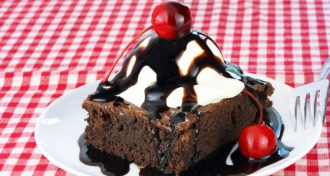 Neuroscience
NeuroscienceBingeing rats show the power of food habits
Rats allowed to binge on sweetened milk show a bad habit for food. But while food might change our habits, a bad food habit may not necessarily be an addiction.
-
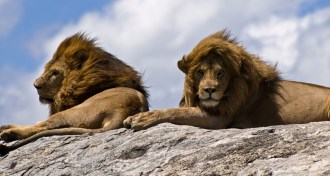 Life
LifeCheetahs, but not wild dogs, manage to live with lions
One conservation tenet says that cheetahs can’t survive when lions are around, but it’s wild dogs that disappeared in one lion-dense area of the Serengeti.
-
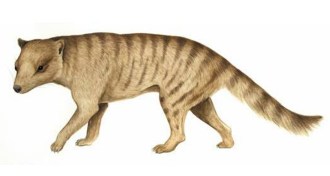 Animals
AnimalsLittle thylacine had a big bite
A reconstruction of the skull of a thylacine, an extinct, fox-sized Australian marsupial, reveals that the animal could have eaten prey much larger than itself.
-
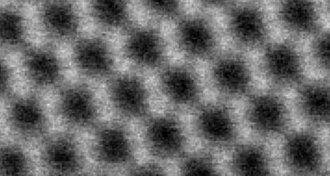 Materials Science
Materials ScienceBlender whips up graphene
Easy recipe makes large quantities of graphene using kitchen blender.
By Beth Mole -
 Ecosystems
EcosystemsWar’s ecological effects laid bare in ‘A Window on Eternity’
In "A Window on Eternity," entomologist E.O. Wilson chronicles both the shifting ecology of Gorongosa National Park after the war and how researchers are trying to repair the damage.
-
 Astronomy
AstronomyDistant swirling galaxy dwarfed by violent star killer
In a mosaic of images from a telescope in Chile, dark dust lanes and twisting tails betray a history of galactic collisions.
-
 Earth
EarthSurge seen in number of U.S. wildfires
The number and size of wildfires in the western United States has steadily risen over the last three decades.
-

-
 Tech
Tech‘You Are Here’ maps course for directionally challenged
A Boston Globe technology reporter chronicles the evolution of navigational and mapmaking tools in "You Are Here."
-
 Quantum Physics
Quantum PhysicsShor’s code-breaking algorithm inspired reflections on quantum information
Twenty years ago, physicists met in Santa Fe to explore the ramifications of quantum information.
-
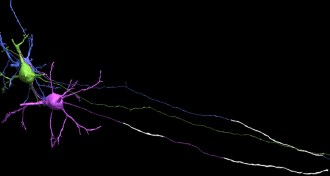 Life
LifeInsulating sheath on nerve cells isn’t an even coat
Myelin doesn't evenly coat axons, a finding that runs counter to what scientists suspected.
-
 Genetics
GeneticsCloning produces stem cells from adult skin
Human embryonic stem cells made using adult cells could enable medical advances such as replacement organs.